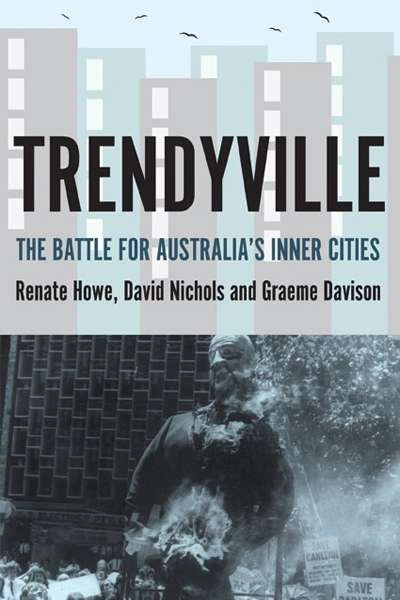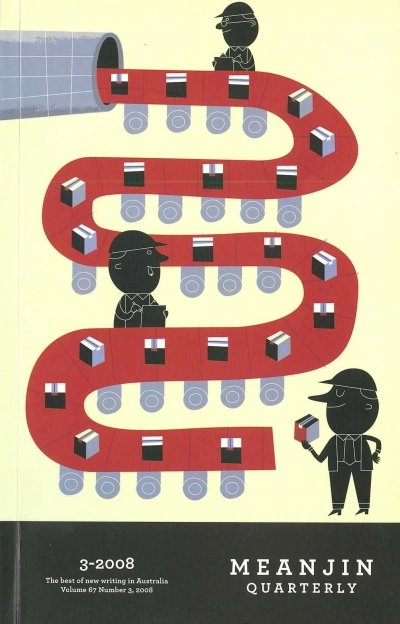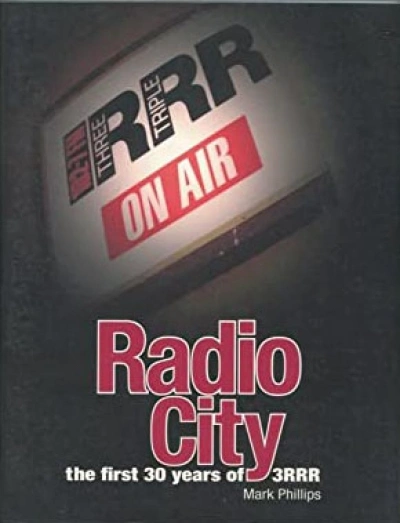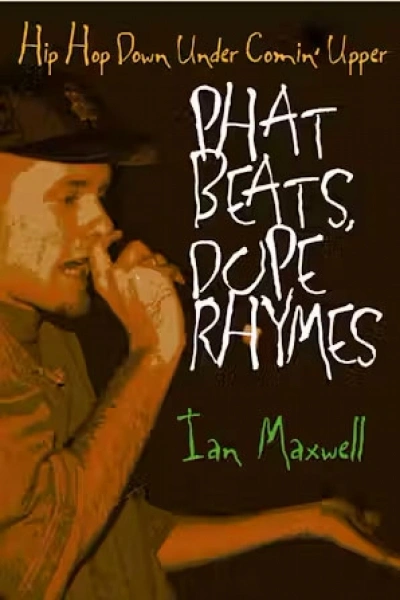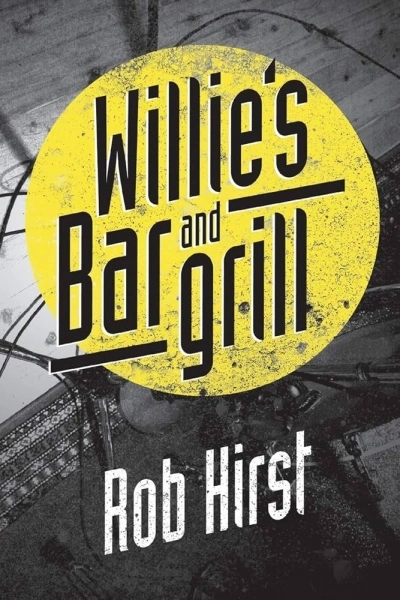Levin’s God is a two-part epic. The first half is a take on the Australian rock scene of the late 1970s and early 1980s. Singer-guitarist Levin Hoffman, on the strength of what people say are ‘great songs’, rapidly takes his band the Barking Dogs to the top of the charts. Levin – believe it or not – finds that success is hollow and that not even his devoted Indian-Australian girlfriend, Shelley, or his long-time friend-cum-manager, Lawrence, can rescue him from his indefinable angst. The second half of the book sees Levin in Thailand, where, lying low at a monastery after witnessing a horrific murder, he becomes a devotee of meditation.
As Roger Hart, Roger Wells was the male lead in the group Little Heroes (not to be confused with their contemporaries, Little Murders), a Melbourne band that spent the first half of the 1980s making interesting rock records. They had a top ten hit, ‘One Perfect Day’, in 1982, which complemented the ‘new wave’ without alienating fans of more established music. Wells now works as a counsellor and has written a book on meditation, so one assumes that Levin’s God is built on a skeleton of experience, though much of the experience seems casually remembered. Tellingly, it is the travail of meditation and Levin’s struggle to purge his own desire and pain through meditative enlightenment that are most credible.
...
(read more)



